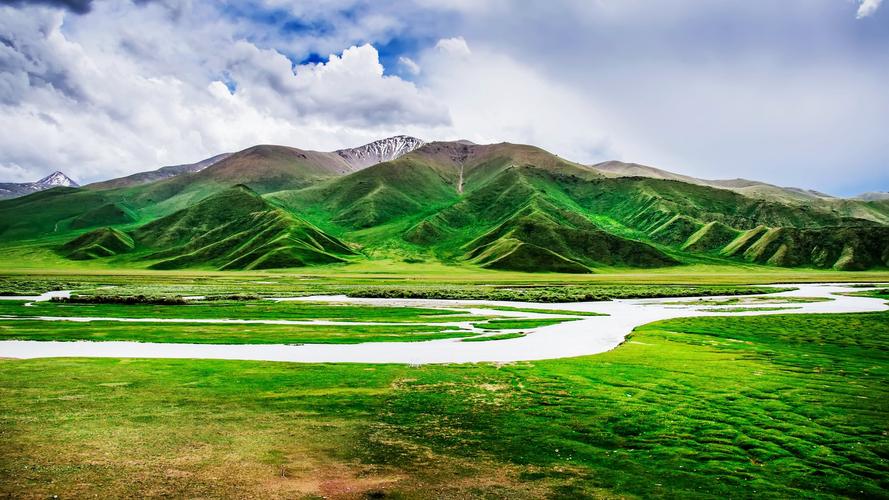The Extensive List of Things Cancelled by Cancel Culture: An In-Depth Analysis
Cancel culture has been a hot topic of discussion lately, with people on both sides of the argument arguing passionately about the issue. While some view it as a necessary tool to hold powerful people accountable for their actions and words, others see it as a dangerous trend that stifles free speech and encourages mob mentality. In this article, we take an in-depth look at the extensive list of things cancelled by cancel culture.
What is Cancel Culture?
Cancel culture is the practice of boycotting or publicly shaming individuals or organizations that are deemed to have acted in a manner that is harmful or offensive to a particular group. This can range from problematic tweets or statements to more serious offenses such as sexual harassment or assault.
While cancel culture has been around for some time, it has gained traction in recent years, largely due to the power of social media to amplify voices and mobilize people around a cause. The practice is often seen as a way for marginalized groups to hold those in power accountable, but its detractors argue that it can be used to silence dissenting voices and stifle debate.
What has been Cancelled?
Cancel culture has had a wide-ranging impact, affecting everyone from celebrities and politicians to businesses and brands. Some of the notable cancellations include:
1. Harvey Weinstein – The disgraced film producer was one of the first high-profile cases of cancel culture, with allegations of sexual harassment and assault leading to his downfall.
2. Kevin Hart – The comedian was embroiled in controversy after past homophobic tweets surfaced online, leading to his resignation as host of the Oscars.
3. Dr. Seuss – The beloved children’s author had six of his books withdrawn from publication due to racist imagery and stereotyping.
4. JK Rowling – The Harry Potter author faced backlash after making comments deemed to be transphobic.
5. Aunt Jemima – The iconic pancake syrup brand decided to rebrand after criticism that its name and logo perpetuated racist stereotypes.
This is just a small sampling of the cancellations that have taken place in recent years. The trend shows no signs of slowing down, with new controversies and boycotts popping up on a regular basis.
The Impact of Cancel Culture
The impact of cancel culture is complex and multifaceted. On the one hand, it can be seen as a tool for marginalized groups to hold powerful people and institutions accountable for their actions. It can also help to bring attention to important social issues and encourage change.
On the other hand, cancel culture has been criticized for its potential to stifle free speech and encourage mob mentality. There are concerns that the practice can be used to silence dissenting voices and create a culture of fear and self-censorship.
Furthermore, the often-permanent nature of cancellations, such as being fired from a job or having one’s reputation tarnished online, can have serious long-term consequences for the individuals affected.
Conclusion
In conclusion, cancel culture is a complex issue that has sparked passionate debate on both sides. While it can be a powerful tool for holding those in power accountable, it also has the potential to stifle free speech and create a culture of fear and self-censorship. As we continue to navigate this challenging topic, it’s important to remember the value of empathy, understanding, and dialogue in creating a more just and equitable society.
(Note: Do you have knowledge or insights to share? Unlock new opportunities and expand your reach by joining our authors team. Click Registration to join us and share your expertise with our readers.)
Speech tips:
Please note that any statements involving politics will not be approved.
